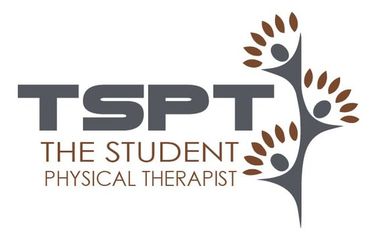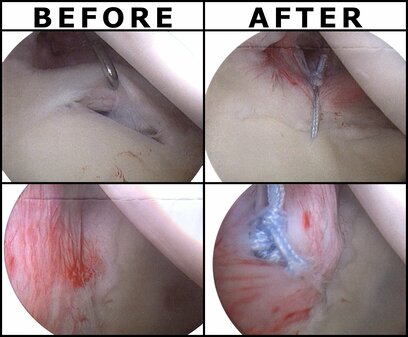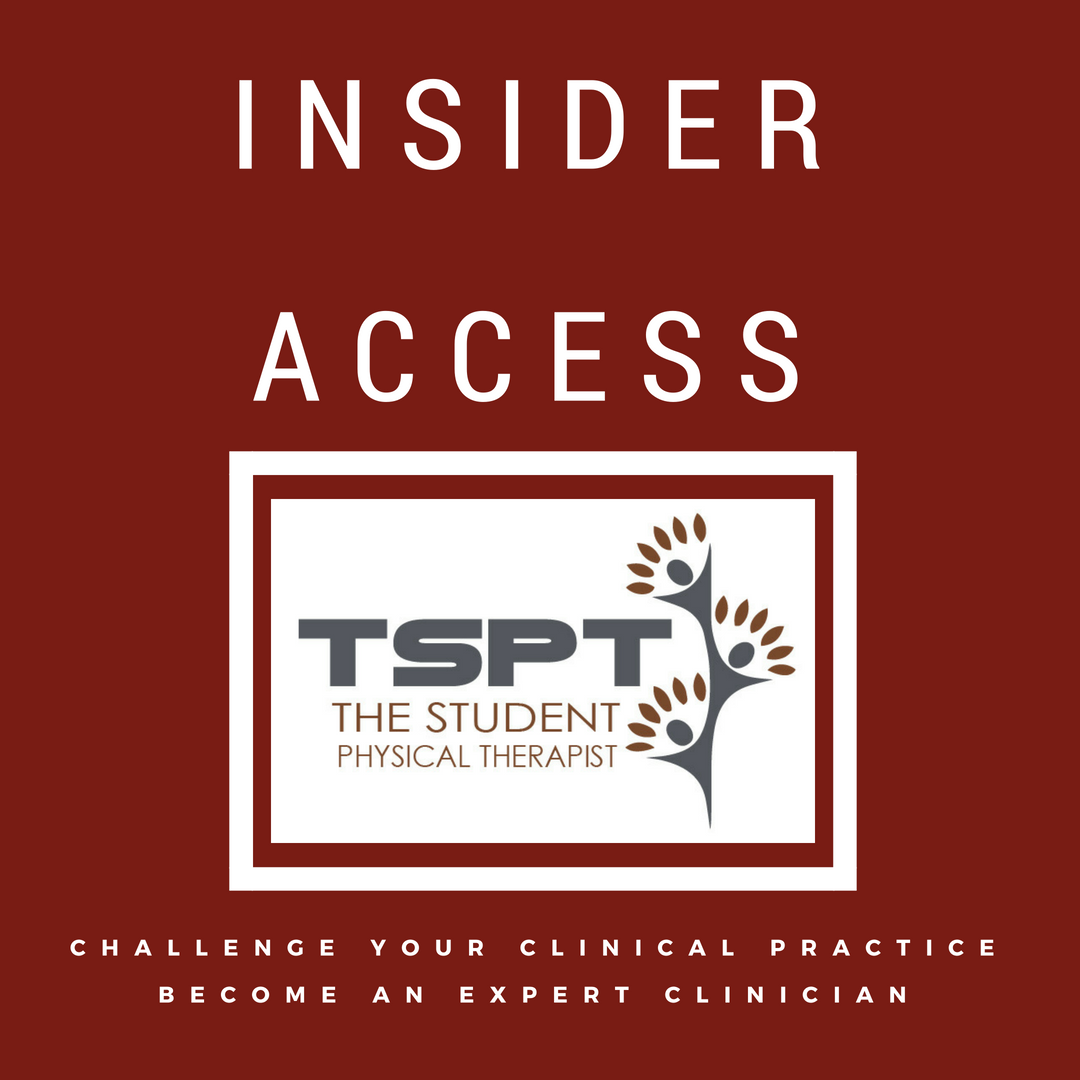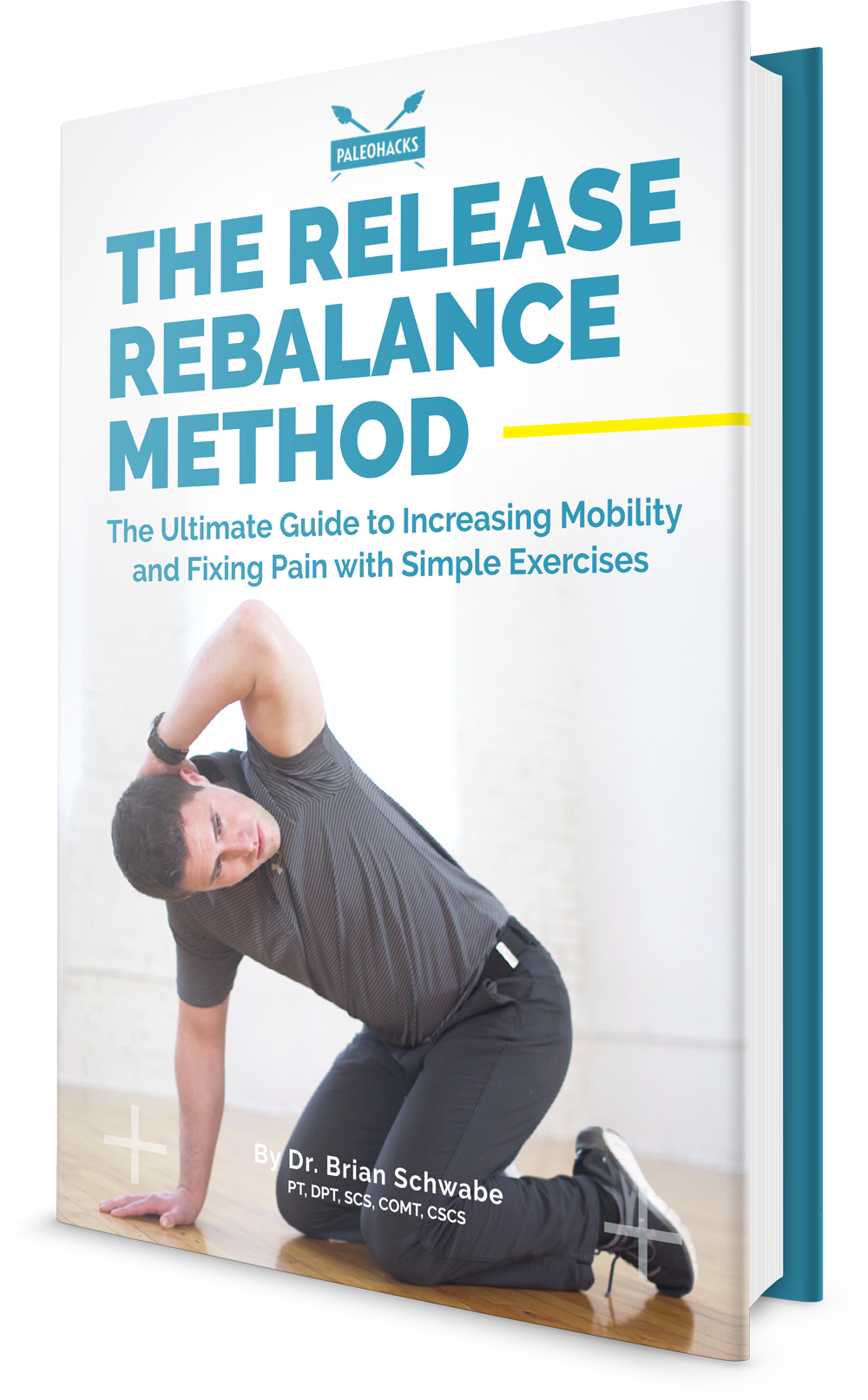- Home
- About Us
- TSPT Academy
- Online Courses
-
Resources
- Newsletter
- Business Minded Sports Physio Podcast
- Day in the Life of a Sports PT
- Residency Corner
-
Special Tests
>
-
Cervical Spine
>
- Alar Ligament Test
- Bakody's Sign
- Cervical Distraction Test
- Cervical Rotation Lateral Flexion Test
- Craniocervical Flexion Test (CCFT)
- Deep Neck Flexor Endurance Test
- Posterior-Anterior Segmental Mobility
- Segmental Mobility
- Sharp-Purser Test
- Spurling's Maneuver
- Transverse Ligament Test
- ULNT - Median
- ULNT - Radial
- ULNT - Ulnar
- Vertebral Artery Test
- Thoracic Spine >
-
Lumbar Spine/Sacroiliac Joint
>
- Active Sit-Up Test
- Alternate Gillet Test
- Crossed Straight Leg Raise Test
- Extensor Endurance Test
- FABER Test
- Fortin's Sign
- Gaenslen Test
- Gillet Test
- Gower's Sign
- Lumbar Quadrant Test
- POSH Test
- Posteroanterior Mobility
- Prone Knee Bend Test
- Prone Instability Test
- Resisted Abduction Test
- Sacral Clearing Test
- Seated Forward Flexion Test
- SIJ Compression/Distraction Test
- Slump Test
- Sphinx Test
- Spine Rotators & Multifidus Test
- Squish Test
- Standing Forward Flexion Test
- Straight Leg Raise Test
- Supine to Long Sit Test
-
Shoulder
>
- Active Compression Test
- Anterior Apprehension
- Biceps Load Test II
- Drop Arm Sign
- External Rotation Lag Sign
- Hawkins-Kennedy Impingement Sign
- Horizontal Adduction Test
- Internal Rotation Lag Sign
- Jobe Test
- Ludington's Test
- Neer Test
- Painful Arc Sign
- Pronated Load Test
- Resisted Supination External Rotation Test
- Speed's Test
- Posterior Apprehension
- Sulcus Sign
- Thoracic Outlet Tests >
- Yergason's Test
- Elbow >
- Wrist/Hand >
- Hip >
- Knee >
- Foot/Ankle >
-
Cervical Spine
>
- I want Financial Freedom
- I want Professional Growth
- I want Clinical Mastery
|
Last week, I woke up one day with severe R anterolateral shoulder pain and inability to raise my arm above shoulder height. In the days preceding, I had completed approximately 8 hours of painting and a heavy shoulder workout, all without pain. Initially, because of the severity of the pain and inability to raise my arm above my shoulder, I became extremely fearful of my inability to fully treat my patients, sleep, or do much of anything with my right arm. Self Exam: Right Shoulder AROM: flexion 80 deg, abd 45 deg, ext 30 deg, IR 45 deg, ER 20 deg R shoulder isometric strength: strong and painless in all directions at 0 deg abd Cervical AROM: full and pain-free in all directions (+) Obrien's Test My shoulder was strong and essentially pain-free when at my side. Treatment: My primary treatment was to limit motion of my RUE to range with minimal discomfort, 5-directional resisted isometrics of the right shoulder at my side, and Quad Rock Back to perform CKC shoulder flexion AAROM. Additionally, I performed repeated shoulder extension with horiz. abduction in CKC between each patient treatment session. I took some anti-inflammatories each day to help encourage movement as well. Over the span of the next few days, my shoulder gradually improved and I got back into some weight-lifting with my focus being legs, posterior shoulder/scapular and some running. Some of the initial testing was positive for labral tear. That plus my significant loss of ROM made my mind start running off into hypotheticals: will I need surgery, how long will I need off work, how can I support my family? As we are all aware from pain science research, these thoughts only serve to raise my pain-level. I had to continually remind myself not to jump to conclusions and to remember people have injuries like this all the time and recover. I'm not sure if the pain was due to RTC syndrome or labral tear or something else, but it shouldn't matter too much due to the lack of correlation between pain and imaging findings. While I am grateful to be nearly fully recovered, the experience was enlightening to me about how various factors can impact a patient's fear and pain experience. It reinforced the importance of addressing all concerns of the patient for an injury, especially the biopsychosocial factors. -Dr. Chris Fox, DPT, OCS
4 Comments
10/19/2022 06:24:51 am
anks for sharing the article, and more importantly, your personal experience of mindfully using our emotions as data about our inner state and knowing when it’s better to de-escalate by taking a time out are great tools. Appreciate you reading and sharing your story since I can certainly relate and I think others can to
Reply
7/7/2023 05:42:50 am
Shoulder pain can greatly affect one's daily life and productivity. Self-management techniques can provide relief and promote healing. Resting the affected shoulder, applying ice or heat, and gentle stretching exercises can help alleviate discomfort. Additionally, seeking the guidance of a healthcare professional and considering alternative therapies, such as acupuncture or physical therapy, may offer long-term solutions.
Reply
12/12/2023 04:29:16 am
Shoulder pain, a prevalent discomfort affecting countless individuals, stems from various causes such as muscle strain, injuries, or underlying medical conditions. Whether a result of poor posture, overexertion during physical activities, or conditions like rotator cuff injuries, the impact on daily life can be substantial. While seeking medical advice is crucial for accurate diagnosis and tailored treatment plans, the importance of due diligence in cybersecurity cannot be overstated. In today's interconnected world, safeguarding personal health information and medical records demands a proactive approach. Implementing robust cybersecurity measures ensures the confidentiality of sensitive health data, allowing patients to focus on recovery without the added concern of potential digital threats.
Reply
3/11/2024 04:56:06 am
Self-management of shoulder pain is essential for individuals seeking relief from discomfort and improving their quality of life. When dealing with shoulder pain, it's crucial to adopt a holistic approach that encompasses various strategies. Firstly, understanding the underlying cause of the pain is imperative for effective management. Whether it stems from injury, overuse, or a medical condition, identifying the root cause enables tailored treatment plans. Incorporating a combination of exercises to strengthen and stretch the muscles surrounding the shoulder joint can alleviate pain and enhance mobility. Additionally, practicing proper ergonomics and posture can prevent exacerbation of symptoms. Alongside physical measures, managing stress levels and ensuring adequate rest are vital components of self-care. Exploring alternative therapies such as acupuncture or massage may also provide relief. Moreover, leveraging advancements in telemedicine offers convenient access to healthcare professionals for guidance and support. In some cases, borderfreehealth medications may be prescribed to alleviate pain and inflammation. By actively participating in self-management techniques, individuals can regain control over their shoulder pain and lead a more comfortable, fulfilling life.
Reply
Leave a Reply. |
Dr. Brian Schwabe's NEW Book in partner with PaleoHacks!
Learn residency-level content on our
Insider Access pages We value quality PT education & CEU's. Click the MedBridge logo below for TSPT savings!Archives
July 2019
Categories
All
|








 RSS Feed
RSS Feed